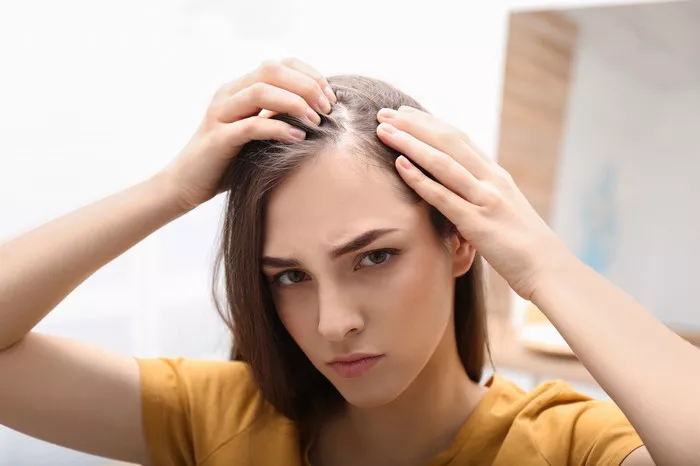Birth control is widely used for its various benefits, from contraceptive purposes to managing hormonal imbalances. However, for some individuals, hair loss can emerge as an unexpected side effect. If you’re experiencing hair thinning or shedding due to birth control, you’re not alone. In this article, we’ll explore the relationship between birth control and hair loss and provide actionable strategies to help you address this issue and maintain healthy hair.
Introduction to Birth Control
Birth control, also known as contraception, refers to methods and techniques used to prevent pregnancy by inhibiting ovulation, fertilization, or implantation of a fertilized egg. Various birth control options are available, including hormonal methods like birth control pills, patches, injections, and intrauterine devices (IUDs). Non-hormonal methods encompass barrier methods like condoms, diaphragms, and cervical caps, as well as natural family planning methods that involve tracking menstrual cycles. Permanent options like sterilization are also available. The choice of birth control depends on factors such as individual preferences, health considerations, and the desired level of effectiveness in preventing pregnancy.
Can Birth Control Cause Hair Loss?
Certain hormonal birth control methods, particularly those containing androgens or progestin with high androgenic activity, can contribute to hair loss in some individuals. Androgens are male hormones present in both men and women, and an imbalance can lead to hair thinning or shedding. Birth control methods like some types of progestin-only pills or hormonal IUDs may impact androgen levels, potentially triggering hair loss. However, not all birth control methods have this effect, and individual responses vary. If experiencing hair loss while on birth control, consulting a healthcare provider is essential to explore alternative options or adjust the current method.
Strategies to Address Hair Loss from Birth Control:
Here are some ways to help you with hair loss due to birth control:
1. Consult Your Healthcare Provider:
If you suspect that your birth control is contributing to hair loss, consult with your healthcare provider. They can assess your medical history, recommend alternatives, and guide you in making informed decisions about your birth control method.
2. Consider Hormonal Birth Control Alternatives:
If you’re using a hormonal birth control method and experiencing hair loss, discuss non-hormonal alternatives with your healthcare provider. Non-hormonal methods like copper IUDs or barrier methods may be better suited for individuals sensitive to hormonal changes.
3. Nutrition and Supplementation:
Prioritize a balanced diet rich in nutrients that support hair health. Essential vitamins and minerals like biotin, zinc, iron, and vitamins A and D play a crucial role in maintaining strong and vibrant hair.
4. Gentle Hair Care Routine:
Opt for gentle hair care products and practices. Use sulfate-free shampoos, avoid excessive heat styling, and minimize tension on your hair from tight hairstyles or accessories.
Which products can prevent hair loss?
Several products and approaches can help prevent or minimize hair loss:
1. Minoxidil:
An over-the-counter topical solution, minoxidil is approved to treat hereditary hair loss in both men and women. It can promote hair regrowth and slow down hair thinning.
2. Finasteride:
This prescription medication is mainly for men and works by reducing the production of a hormone linked to hair loss. It’s effective in maintaining and regrowing hair but requires a doctor’s prescription.
3. Hair Growth Shampoos and Conditioners:
Some products contain ingredients like biotin, caffeine, ketoconazole, and saw palmetto, which are believed to promote hair health and growth.
Results vary among individuals, so it’s important to consult a healthcare provider before starting any new hair loss prevention product or regimen.
See Also: Battling Hair Loss Caused by PCOS: Effective Strategies
Conclusion:
Experiencing hair loss as a result of birth control can be frustrating, but there are steps you can take to address and manage this issue. By working closely with your healthcare provider, exploring alternative birth control methods, prioritizing hair-friendly practices, and supporting your overall health, you can take control of the situation and promote healthy hair growth.
Remember that individual responses to birth control can vary, and what works for one person may not work for another. Your well-being and hair health matter, so don’t hesitate to seek professional guidance and make informed decisions that align with your needs and preferences.


